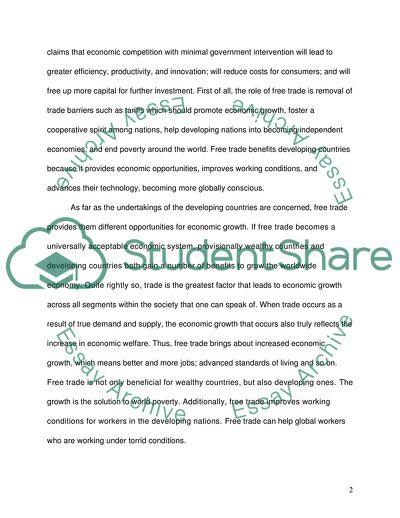Cite this document
(Is Free Trade Fair Term Paper Example | Topics and Well Written Essays - 1500 words - 1, n.d.)
Is Free Trade Fair Term Paper Example | Topics and Well Written Essays - 1500 words - 1. https://studentshare.org/marketing/1749738-international-trade-institutions
Is Free Trade Fair Term Paper Example | Topics and Well Written Essays - 1500 words - 1. https://studentshare.org/marketing/1749738-international-trade-institutions
(Is Free Trade Fair Term Paper Example | Topics and Well Written Essays - 1500 Words - 1)
Is Free Trade Fair Term Paper Example | Topics and Well Written Essays - 1500 Words - 1. https://studentshare.org/marketing/1749738-international-trade-institutions.
Is Free Trade Fair Term Paper Example | Topics and Well Written Essays - 1500 Words - 1. https://studentshare.org/marketing/1749738-international-trade-institutions.
“Is Free Trade Fair Term Paper Example | Topics and Well Written Essays - 1500 Words - 1”. https://studentshare.org/marketing/1749738-international-trade-institutions.


